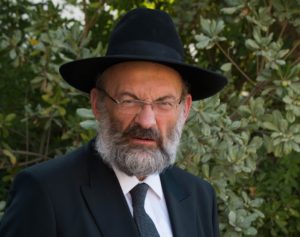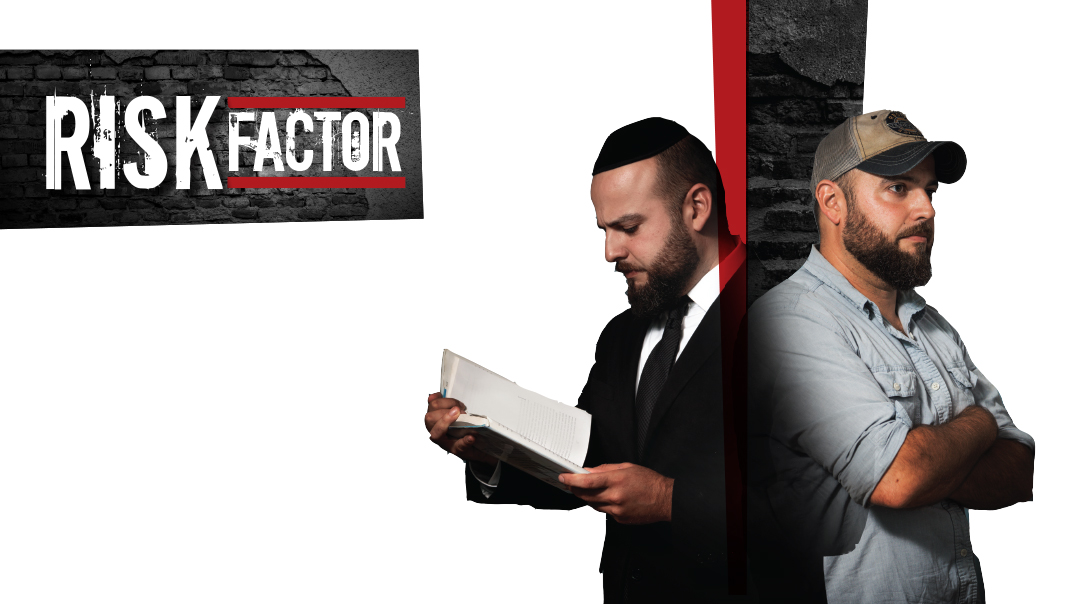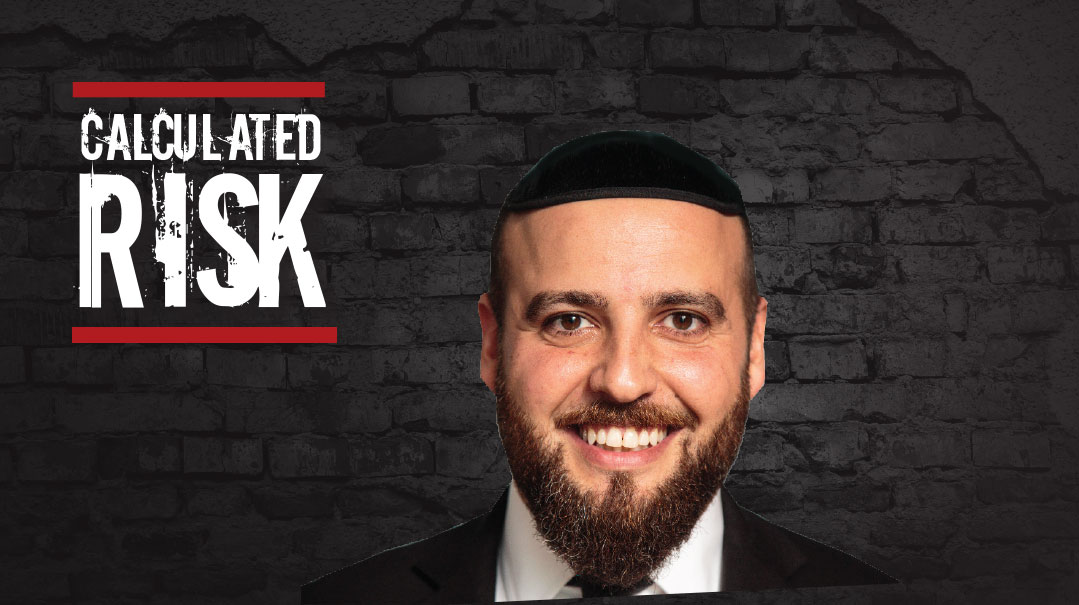Pay It Forward
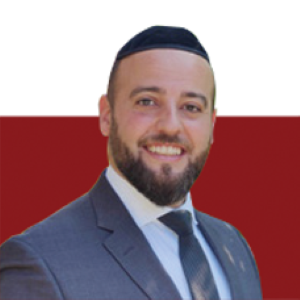
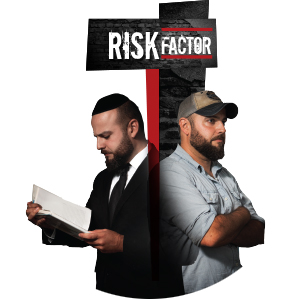
“Rabbi Epstein didn’t steal that line from me,” I said. “I stole it from him"
O
ne of the greatest experiences of my professional career was working in the Yesod program. Yesod was a gap-year post-high school program in Israel for boys who needed a small program with lots of individual attention. For many of our boys, it was their chance for a fresh start: They hadn’t done well in high school and most of them struggled with issues like trauma or substance abuse. What made Yesod so incredible was the staff, many of whom have become legends in their fields: Rabbi Yitzchok Kornblau, Rabbi AM Nussbaum, Rabbi Jacob Banning, Rabbi Shmuel Rosenberg, Rabbi CT Goldsmith, Rabbi Ely Bayles, Rabbi Shalom Eidelman, Rabbi Mordechai Levine, and Rabbi Liberman, among others. We weren’t just colleagues but close friends, which I believe strongly influenced the degree of success our talmidim experienced. A therapist at Retorno Rehab of Beit Shemesh once told me that, “Yesod is not a yeshivah or a program, it’s a family.”
One morning the door to my office swung open to admit Rabbi Kornblau, who was wrapping up a phone call. “Okay, see you at one,” I heard him say. He ended the call and filled me in. “Kid coming for an interview with his dad.”
It was November, way too early to be interviewing for the next year. I just looked at him.
“For this year,” he clarified.
At Yesod we had a rule. We didn’t accept guys in middle of the year. We started the program each year with a new group and ended it with the same group. It lent a certain cohesiveness to the program, a flow. Introducing new people in the middle could be very risky. Among the rebbeim, I was personally one of the more vocal about keeping this rule.
Rabbi Rosenberg walked in as I opened my mouth to protest.
“Interview at one if you’re around then,” Rabbi Kornblau told him.
“For this year,” I interjected.
“I know,” Rabbi Rosenberg said. “But it gets better.”
They had obviously discussed this already. I looked over at Rabbi Kornblau, he was smiling. He always smiled when he was telling me something I didn’t want to hear.
“He’s 17,” Rabbi Kornblau said.
Another problem. Our boys were usually 18 and had already graduated high school. A one-year age difference might not sound like much, but the truth is that from ages 16–20, every year makes a big difference. If this kid was 17, it meant he was still in high school and not yet ready for our program.
“No,” I said simply.
“Yossi, his father was in tears on the phone. If you had taken the call I promise we would still be meeting the kid.”
I knew he was right, but I didn’t like it.
“Fine,” I said. “But I’m going to try my hardest to convince them that he doesn’t belong here.”
“Wait, there’s more,” Rabbi Rosenberg continued.
“We know why he was asked to leave his high school,” Rabbi Kornblau said. This time he wasn’t smiling.
It took me a minute to get it. “No,” I said flatly.
“It’s not confirmed,” Rabbi Rosenberg said quickly. There are always rumors; we try to confirm any damning information before making decisions.
“I don’t care. No way,” I repeated. “Are you kidding? The guys are doing so well. We can’t bring in a kid who’s been accused of dealing!”
“You don’t have to give it such an ugly term,” Rabbi Rosenberg kidded. “He had some extra weed and gave it to his friend for money, that’s all.”
I knew he was joking, but I was determined to stay strong here. We agreed that we would meet the kid and do our best to get him into a program he could do well in. But not ours.
We met with Sruly’s father first. Rabbi Kornblau was right: He was a good man and an even better father. He wanted what was best for his son and was willing to listen to what we were saying. As it turned out, the boy was probably not actually dealing. He did, however, have a drinking problem.
“When did all this start?” I asked.
“He started going to a friend’s house every Shabbos,” Sruly’s father explained. “I knew the family, very nice, respectable people. What I didn’t know is that apparently they drank a lot in their house.” He was looking down as he talked. I could tell he blamed himself.
“Within a month Sruly was getting drunk all the time,” he choked out. “His personality totally changed. He had never done so well in school, but they loved who he was as a person. But once he started drinking… that was over.”
In my experience, the vast majority of addicts have experienced trauma, abuse, or other issues that lead to their drug or alcohol abuse. It’s rare for a kid without such a history to get addicted, but it can happen. Certainly if kids are exposed regularly to alcohol use, they are at an exponentially greater risk for alcoholism.
“His rebbi suggested your program and one other yeshivah,” Sruly’s father concluded, naming the other yeshivah.
Rabbi Kornblau and I looked at each other. We still had to meet Sruly himself, but the other yeshivah was probably a great idea for a kid like him.
We called Sruly into the room. He was extremely likable — very bright and charismatic. He told us that even before he developed a drinking problem, he had always struggled in high school, constantly getting into trouble for being in the wrong place, doing the wrong thing, at the wrong time. And the worst offense of all: being a leader.
When he said that, I sat up straight. When I was in high school, they used to say the same thing about me.
At that moment I promised myself that I was going to get this boy into a program. It couldn’t be ours. But I was going to get him into a program where he could succeed.
“Sruly, you’re going to do great things one day,” I told him intently. “After all this craziness is done you are going to be a very effective person. When that day comes, why don’t you come on back for a job interview?”
Sruly and his father looked at each other in shock. Then Sruly’s father smiled. “You know,” he said, “there was always one rebbi in high school who kept reaching out and really went to bat for Sruly. He was incredible. He was the one who suggested we go to Israel and even suggested we come here. It’s just funny because right before we got on the plane, he said more or less the same exact thing that you just said.”
“Really?” I said lightly. “I’m going to have to find this rebbi and tell him off for stealing my lines. What’s his name?”
“Rabbi Epstein,” said Sruly.
I almost fainted. I had never asked what high school Sruly went to. But now I knew.
I gripped the edge of my desk. “Rabbi Epstein said that to you?”
“Yes,” Sruly said. “Why? Do you know him?”
I ignored the question. “The yeshivah you’re going to interview at next is a better fit for you,” I told Sruly. “I’ll call them and tell them that they should accept you and that I’m taking full responsibility for you. But if they say still say no… then you’re welcome to come to our program.”
Rabbi Rosenberg and Rabbi Kornblau were open-mouthed as Sruly and his father thanked us and left.
“What was that all about?” Rabbi Rosenberg sputtered as the door closed behind them. Rabbi Kornblau was smiling again.
“Rabbi Epstein didn’t steal that line from me,” I said. “I stole it from him. Sruly isn’t the first guy he told that to — I was.” I sat down heavily. “I was in his first high school class. I got into a lot of trouble in high school. I think I still hold the record for most suspensions in a month.” I drummed on the desktop. “But Rabbi Epstein stood by me. He never said I was right for making trouble or the school was wrong for punishing me, but he was always there for me. He would drive an hour to my house every time I got in trouble, to make sure I understood that it was my actions the school was condemning, not me.” I looked at my friends. “If he believed in this kid, so do I.”
I always promised myself that if I ever had the chance to publicly thank the man to whom I owe that which I am today, I would grab the opportunity.
Thank you, Rebbi.
Identifying details have been changed to protect the privacy of patients, their families, and all other parties.
Rabbi Yossi Bensoussan serves as mashgiach ruchani at Yeshiva High School of Cleveland. He is a Certified Alcohol and Substance Abuse Counselor (CASAC) who currently maintains a private practice, and does motivational speaking and community education on addiction all over the US and Israel.
(Originally featured in Mishpacha, Issue 786)
Oops! We could not locate your form.






